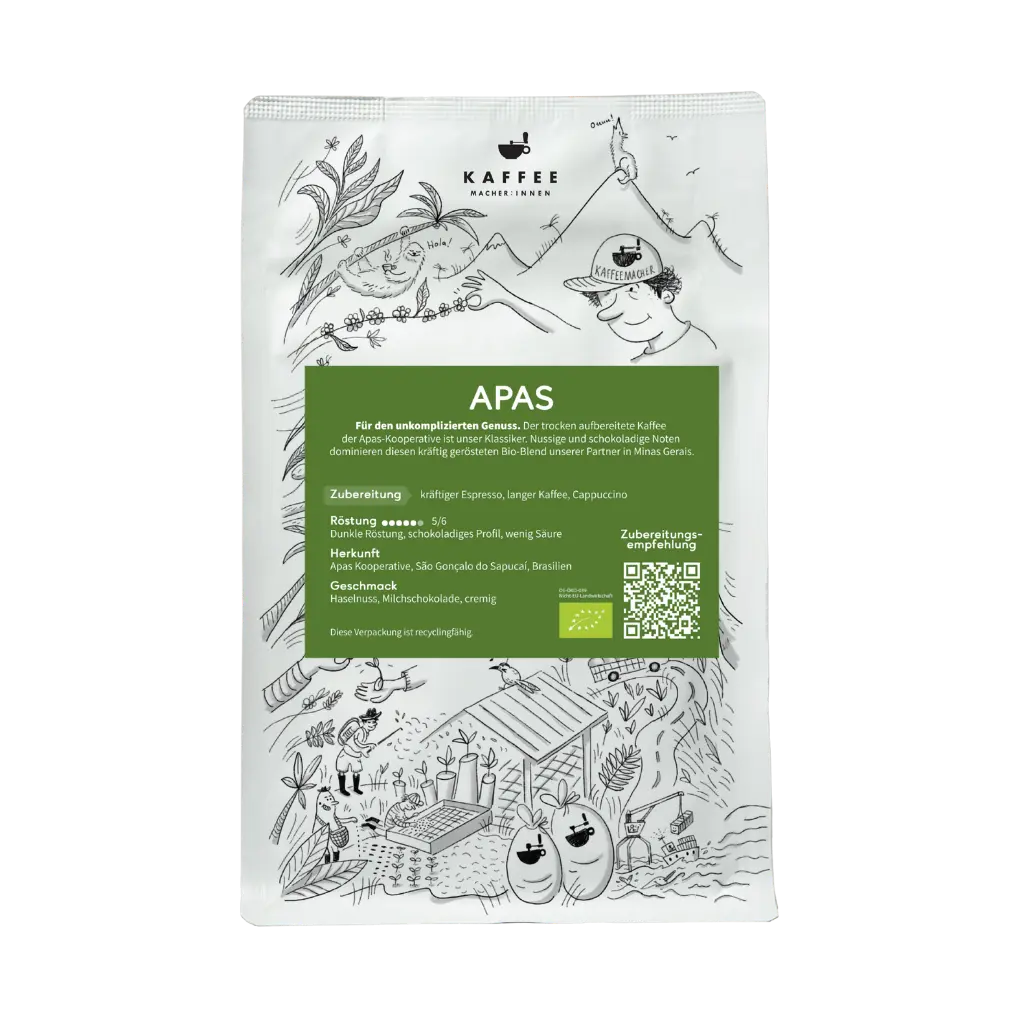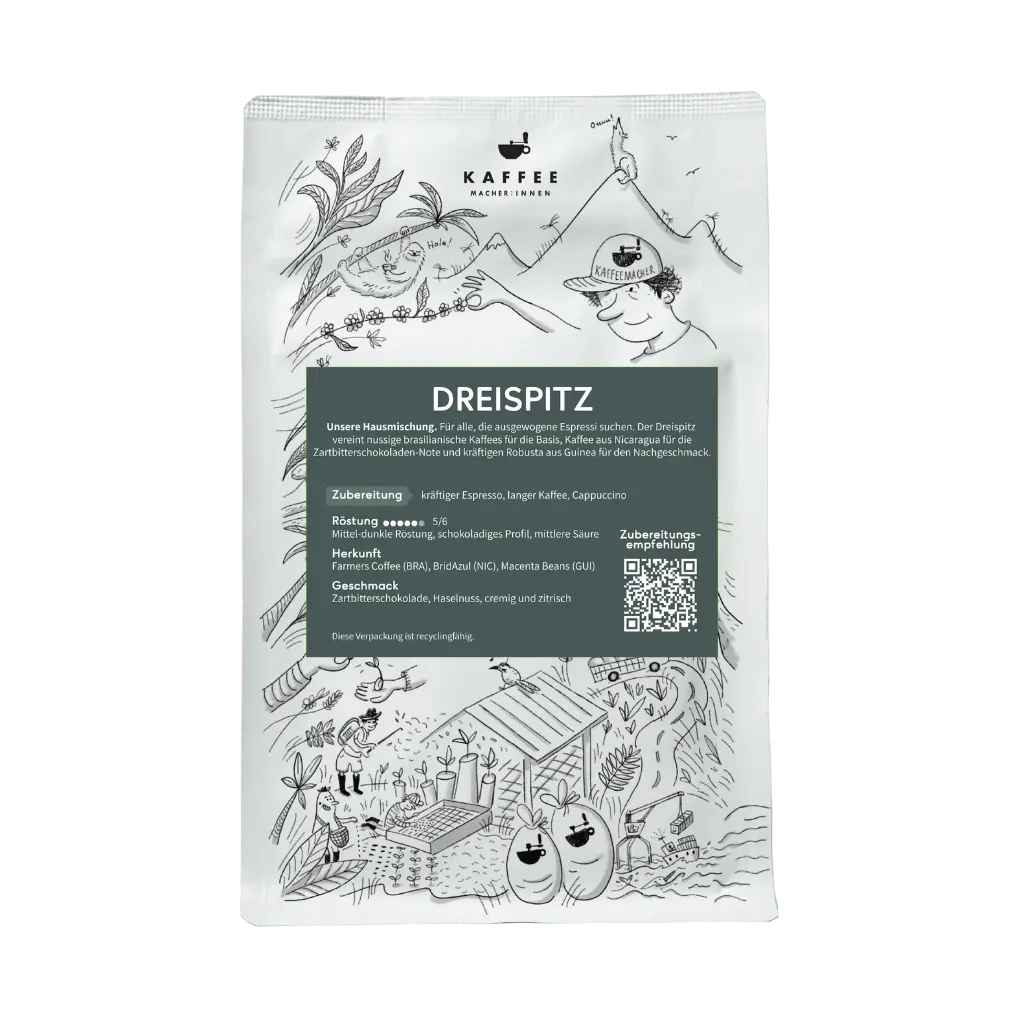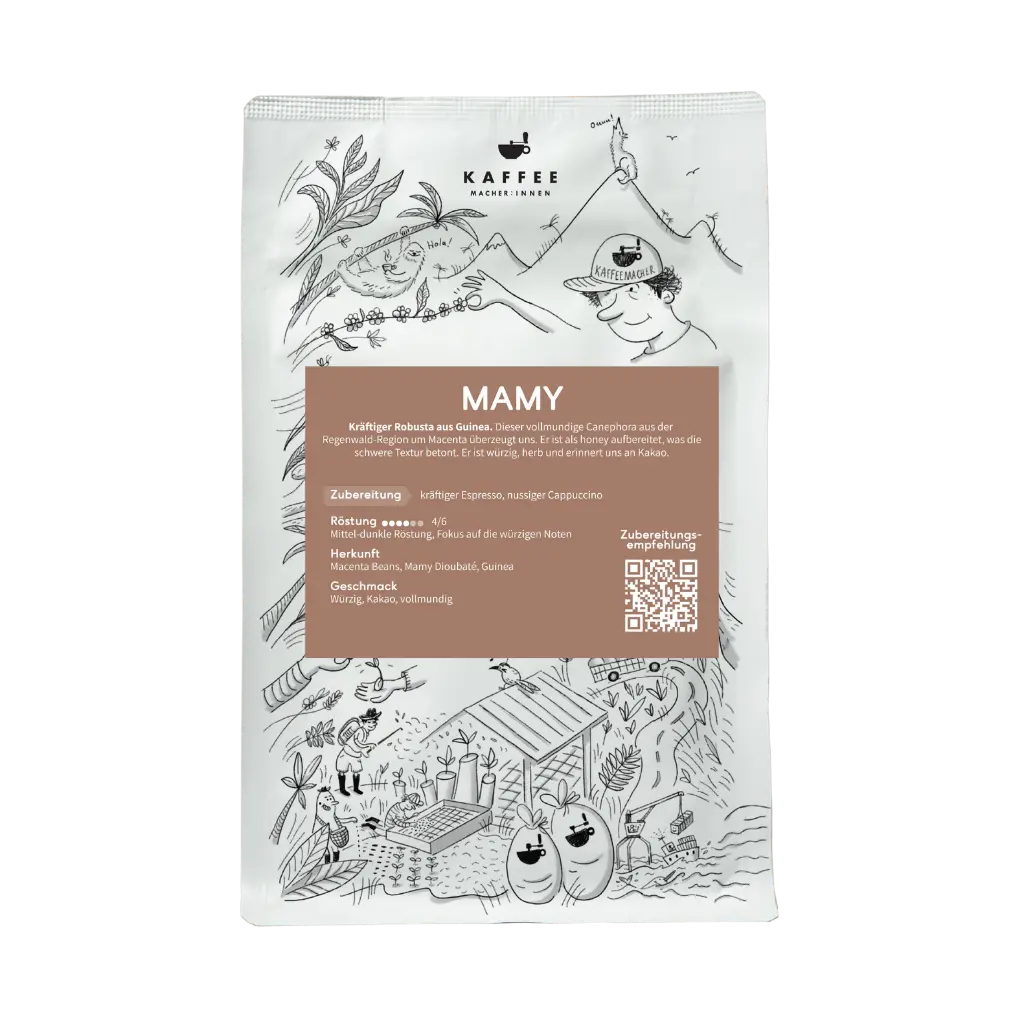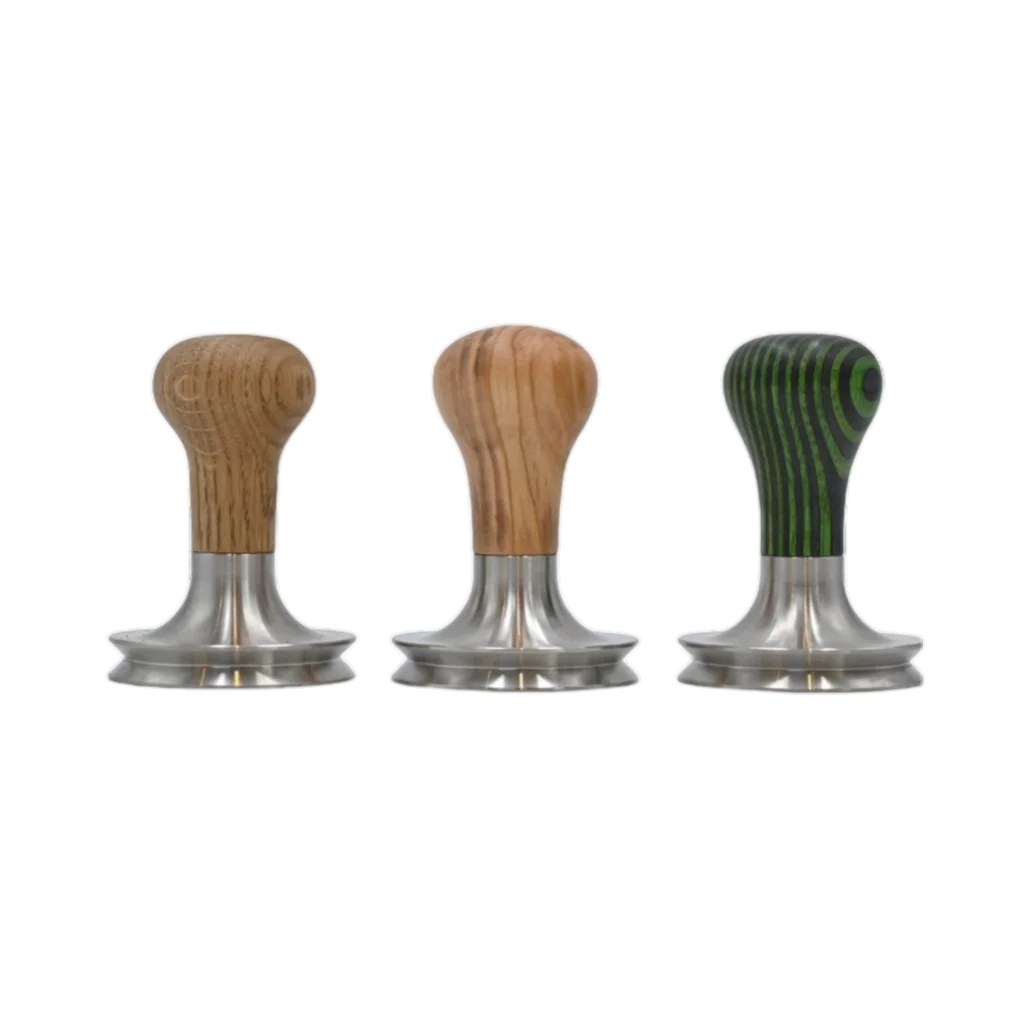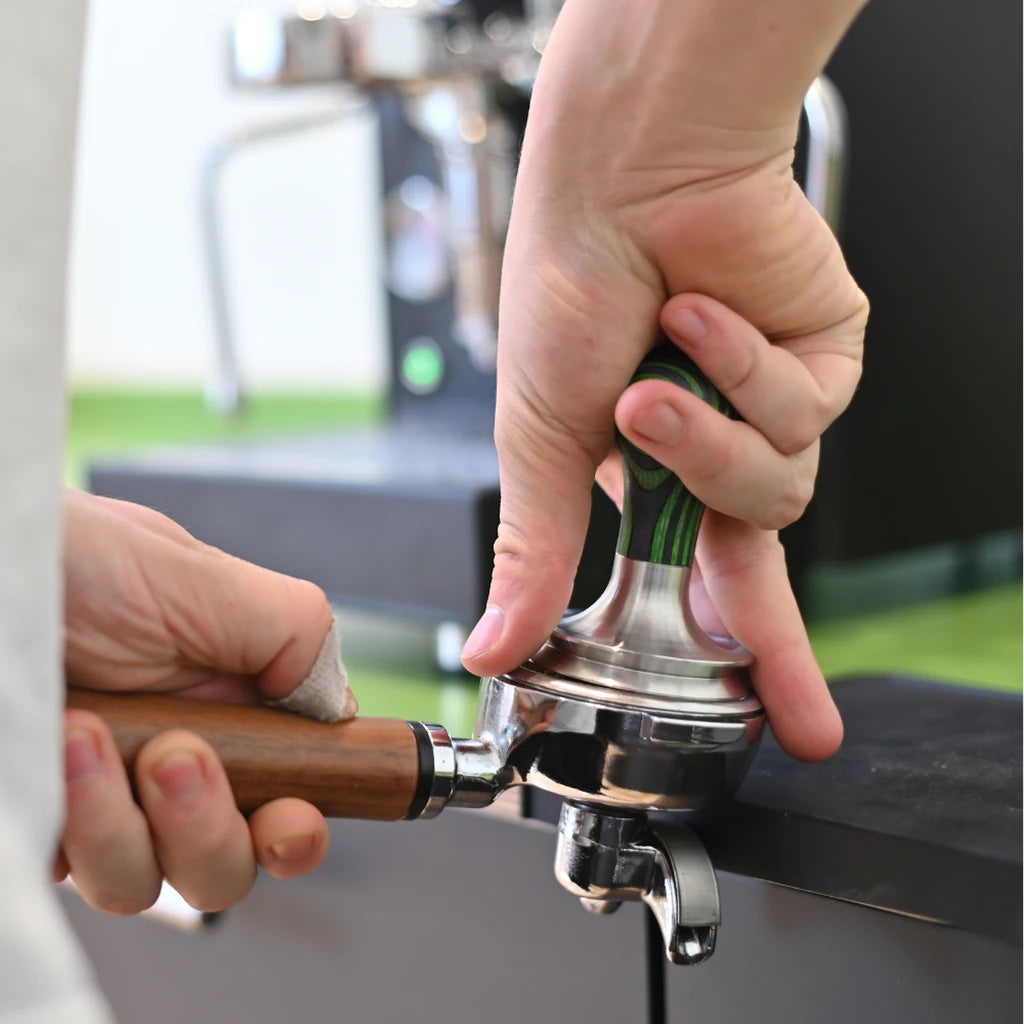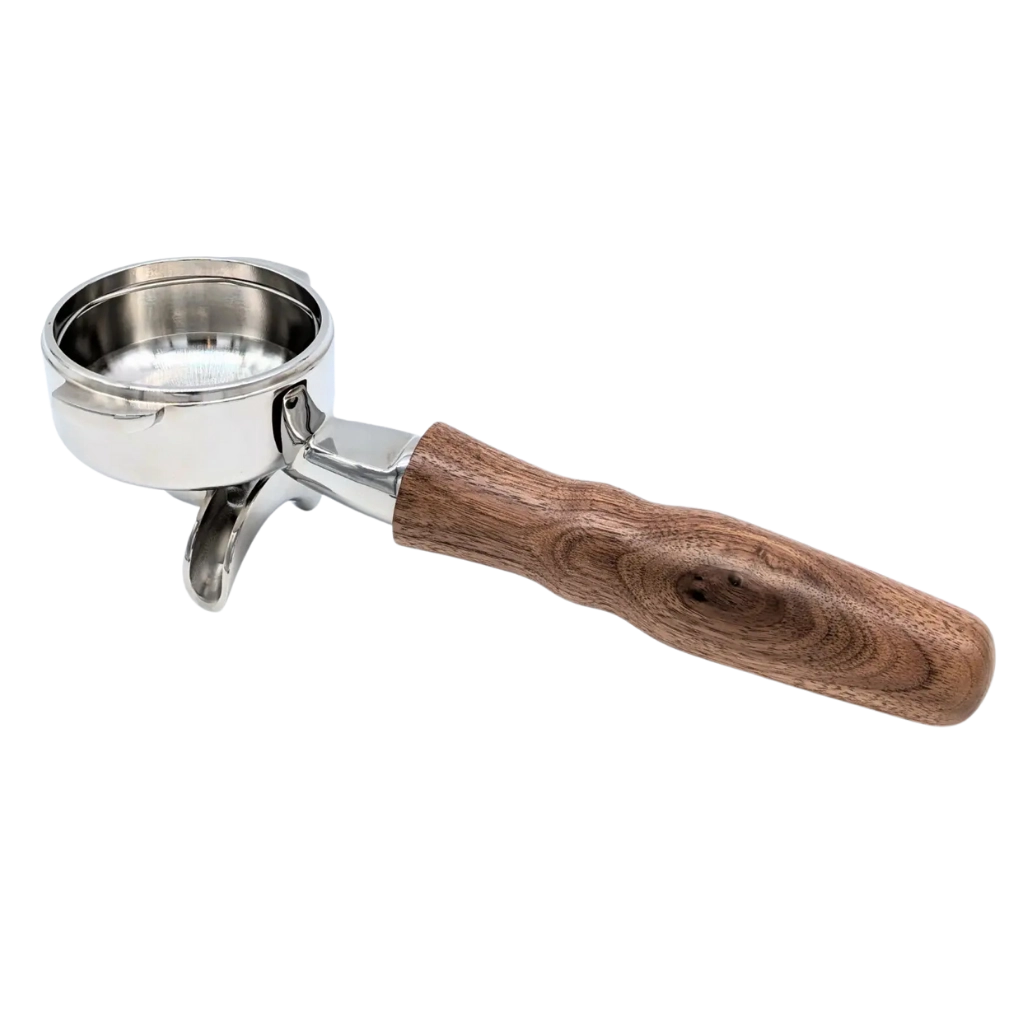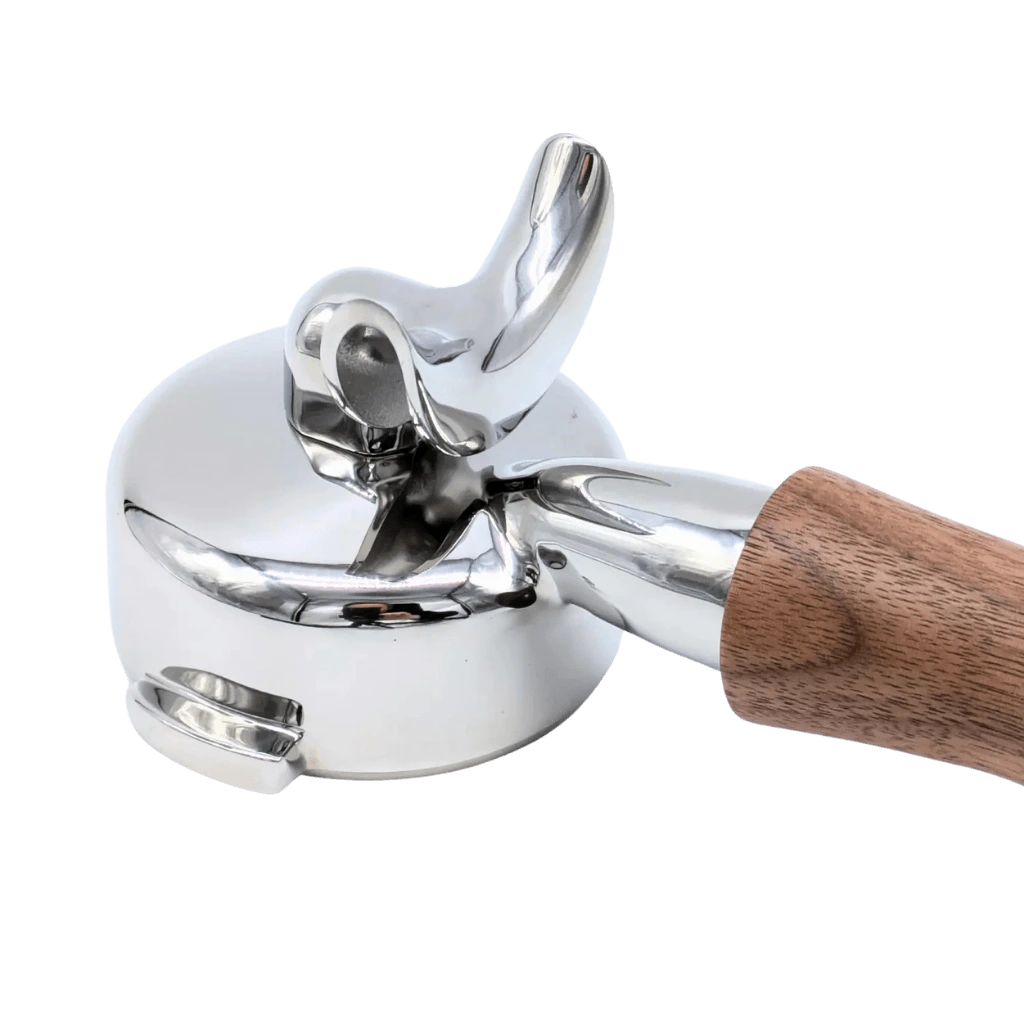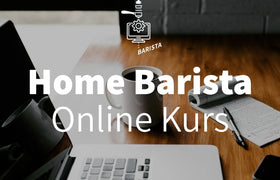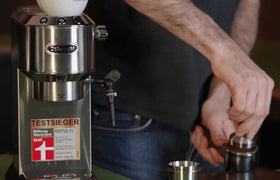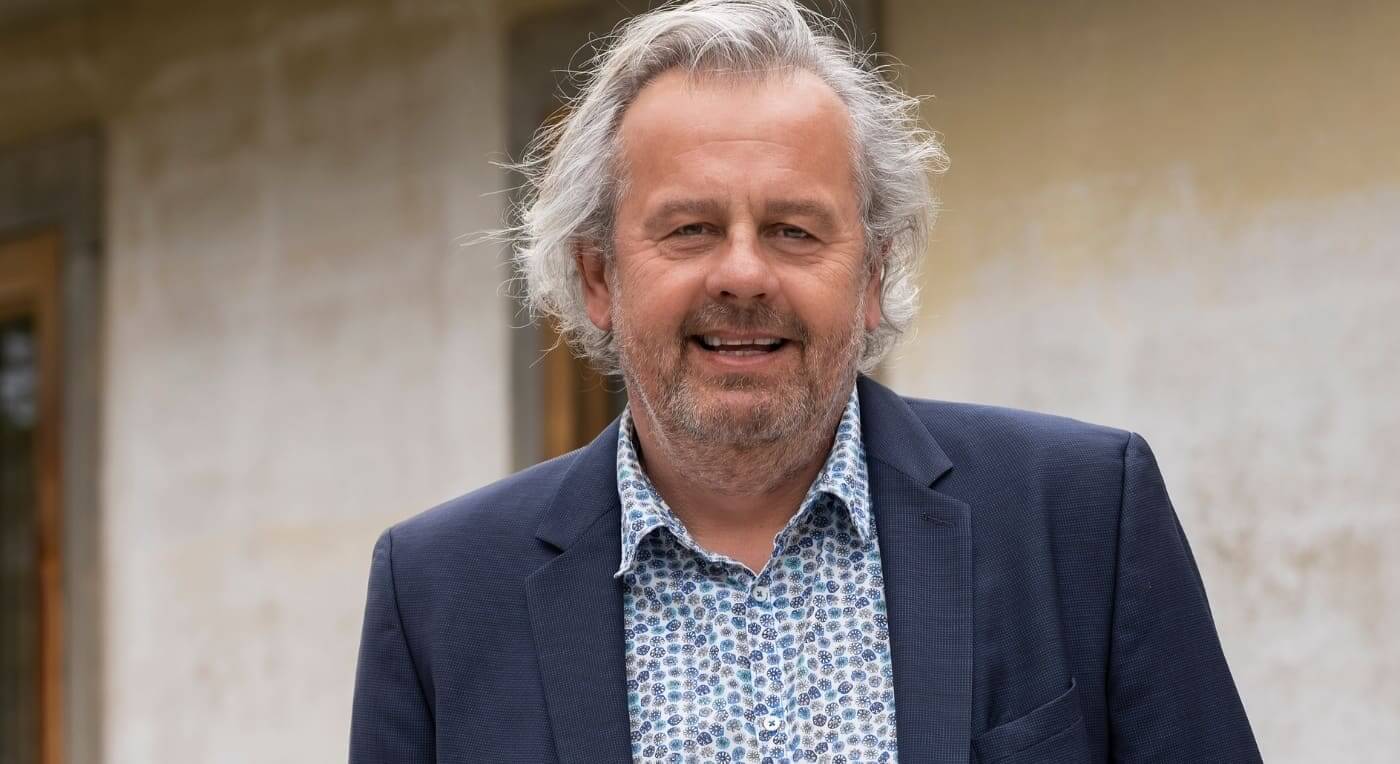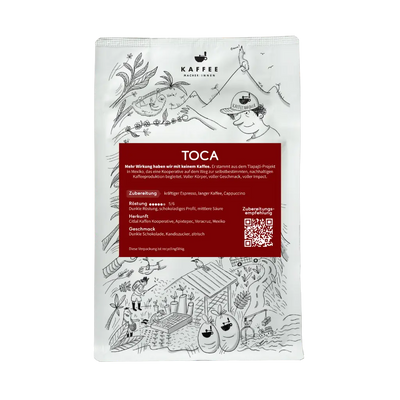The history of coffee in Switzerland has received little attention so far. Yet the past few centuries are full of anecdotes, both colorful and dark. We explore the last three hundred years in a podcast with nutrition researcher Dominik Flammer.
Dominik Flammer isn't so keen on understated statements. He's clearly all about making everyday things visible.
“Louis XIV was the number one influencer for the European nobility in matters of pleasure!”
Or:
“This romanticization that everything was better in the past is absolute nonsense.”
Coffee has become part of everyday life for many people. Yet, it's not a given that a product travels halfway around the world, by jeep, by truck, by ship, and by truck again, and is roasted and still tastes good. Every time a bag of coffee arrives at our roastery from a distant world, it's a small miracle for me. But coffee has simply become part of everyday life for many people. To take a fresh look at something so commonplace, you need compelling images and statements.
D ominik Flammer, nutritional researcher , author, and curator of the Culinarium Alpinum in Stans , spoke with me in a podcast about the history of coffee in Switzerland. Yes, coffee used to be more commonplace, back when it was roasted at home. But it wasn't until advancing industrialization that the era of coffee roasting began. "People were out of the house more often, working almost around the clock, and roasting coffee themselves was no longer an option."

The Graubünden people as founders of coffee houses throughout Europe
The oft-told story of coffee begins with the second Turkish siege of Vienna in 1683. However, the first coffee houses were not founded in Vienna, but in Italy. It was exiled Graubünden residents, primarily confectioners, who first settled in northern Italy and later throughout Europe and established coffee houses.
In the beginning, coffee houses were drinking establishments and dives, where people often indulged in lustful activities.
Dominik Flammer
We talk about the merging of bourgeois ideals, coffee, status and religion, and the influence this had on consumer behavior.
Switzerland as a player in the slave trade and coffee colonialism
"We simply need historians who can think freely and shed traditions," says Dominik Flammer in the podcast. Switzerland's colonial history has long been known, but it has only been accurately documented historically in the last 40 years.
At that time, coffee was a colonial commodity that had to be planted and harvested. For this purpose, people from West Africa were enslaved in South America, mostly on large plantations. Swiss families not only owned plantations but were also heavily involved in logistics—they organized the transport of both the slaves and the coffee. "A triangular transaction," as Dominik Flammer calls it in the podcast.

From chicory coffee, to apothecary coffee, to roastery coffee
Coffee was expensive for a long time and was therefore considered a luxury item. However, consumption at that time has little to do with today's understanding of coffee.
Five coffee beans had to be enough for one cup of coffee, plus substitutes such as chicory or lupin, sugar, and spices.
Dominik Flammer
Aren't we glad that we can experience coffee differently today? My conversation with Dominik Flammer showed me how the history of coffee in Switzerland unfolded, but above all, that we're on the right track to enjoying coffee more again.
Two hundred years ago, coffee was roasted at home—it was simply cheaper, and the right thing to do. Today, many people roast their coffee at home again , understanding, seeing, and smelling the process, and being close to it.
Interestingly, the famous Schwarzenbach coffee roastery in Zurich's Niederdorf district only started roasting in 1929; before that, it sold green coffee to customers.
Dominik Flammer entertainingly demonstrates how vibrant the history of coffee is and how we all relate to it. Enjoy!
Literature tip:
Roman Rossfeld, Pleasure and Sobriety
History of coffee in Switzerland from the 18th century to the present , 2002.



